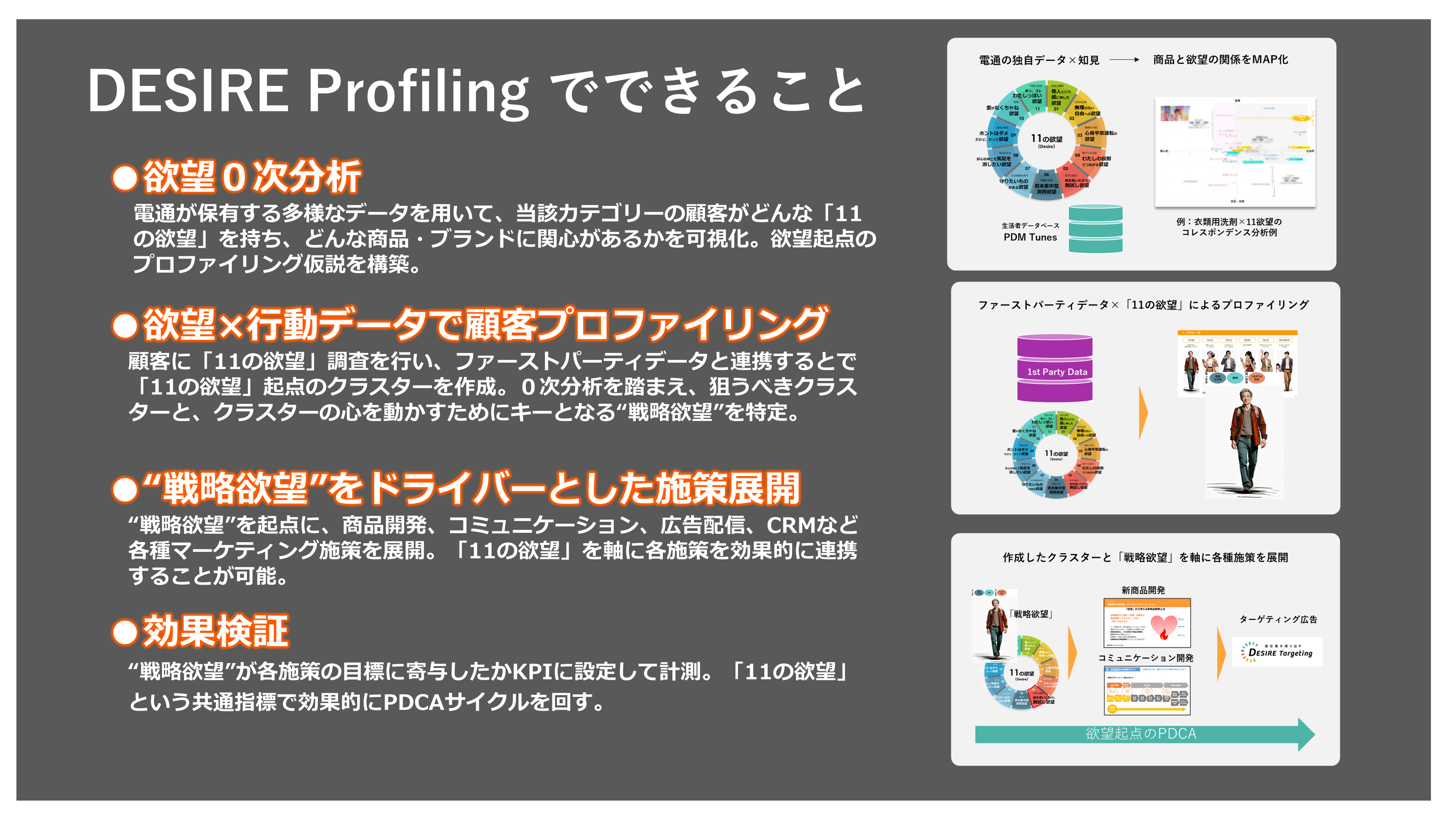StrikeAd CEOインタビュー、モバイルRTBの今後について(英文)
Growth forecast for the next three years:
StrikeAd has grown rapidly since it launched in 2010 and we expect to reach $60m in revenue and 200 employees worldwide by the end of 2015.
In under 50 words, what makes your business distinctive in its marketplace:
StrikeAd lives at the intersection of the digital and physical world. We can identify and target a consumer known to be interested in a product and drive them to a store or showroom to transact. 90 per cent of transactions still take place offline – our mobile ad platform bridges that gap.
What’s the big vision for your business?
StrikeAd has revolutionised how advertisers can reach their desired audiences in the real world. Through our sophisticated targeting, we can find the right individuals who have shown interest in a product or category of products – as they access media on their mobile devices – and influence their real-world activity and movements. We are the first mobile advertising company to support real-time bidding (RTB), which definitively changes the way advertisers plan for and maximize their campaigns.
Our advanced approach to cross-device targeting and unique user attribution enables us to track engagement behavior. We are currently developing the capability to see that a user who visited a brand’s website on their laptop also visited it on their smart phone and vice versa.
Current level of international business, and future aspirations:
We are a global company. I founded the company in London but we’ve since moved our headquarters to New York. We have a large team of talented engineers in Kiev, Ukraine. We also have commercial offices in Singapore and Tokyo, as well as on the Pacific Coast of the U.S. and the Midwest. Additional expansion is on the horizon as well.
Biggest career setback and what you learned from it:
I founded a company in 2000, which, by now, would have been very successful had it not been for an inability to raise venture funding due to the dot com crash. I learned how to manage a company on limited resources, develop a flexible business model and rebuild a business. Building a company with minimal outside capital taught me to see what is absolutely crucial and what I could do without. I’ve brought all of those lessons learned with me to StrikeAd and am excited about our future.
What makes you mad in business today?
When marketers don’t realise that consumers are on mobile devices all day, and fail to develop a strategy to reach them and offer something compelling. Get with the programme, mobile is here!
What will be the biggest change in your market in the next three years?
Increased consumer comfort with mobile commerce. It’s already happening on tablets, but a whole generation of kids will grow into consumers who buy and consume media on their smartphones. The PC will increasingly become a device you work from and nothing more.
Can businesses in your sector/industry access the finance they need to grow? If not, what can be done to improve things?
It can be hard to set up an ad tech company in the UK because there have been few success stories. Entrepreneurs need to find seed investors who fully understand the opportunity at hand, not just those with money. That is the real difference with funding in the U.S., where there is an abundance of talented entrepreneurs who invest in start-ups and can make introductions to the best VCs. This early stage ecosystem needs to grow in Europe and, for that to happen, entrepreneurs there need to give back.
How would others describe your leadership style?
I think they would say I give clear direction, lead by example and try to be a human being first and foremost.
Your biggest personal extravagance?
Building a five bedroom log cabin in Norway. Don’t ask.
You’ve got two minutes with the prime minister. Tell him how best to set the UK’s independent, entrepreneurial businesses free to prosper:
Mr. Prime Minister, can I call you Dave? Thanks. Dave, if you were to make the tax incentives for successful entrepreneurs who reinvest in qualifying early stage businesses sufficiently appealing, we would see a huge boom in young companies finding funding. This would stimulate an entire generation of well-funded, well-connected seed investors to reinvest their capital (cash, connections and know-how) into job-creating, innovative companies.
form:
http://realbusiness.co.uk/article/17856-alex-rahaman












